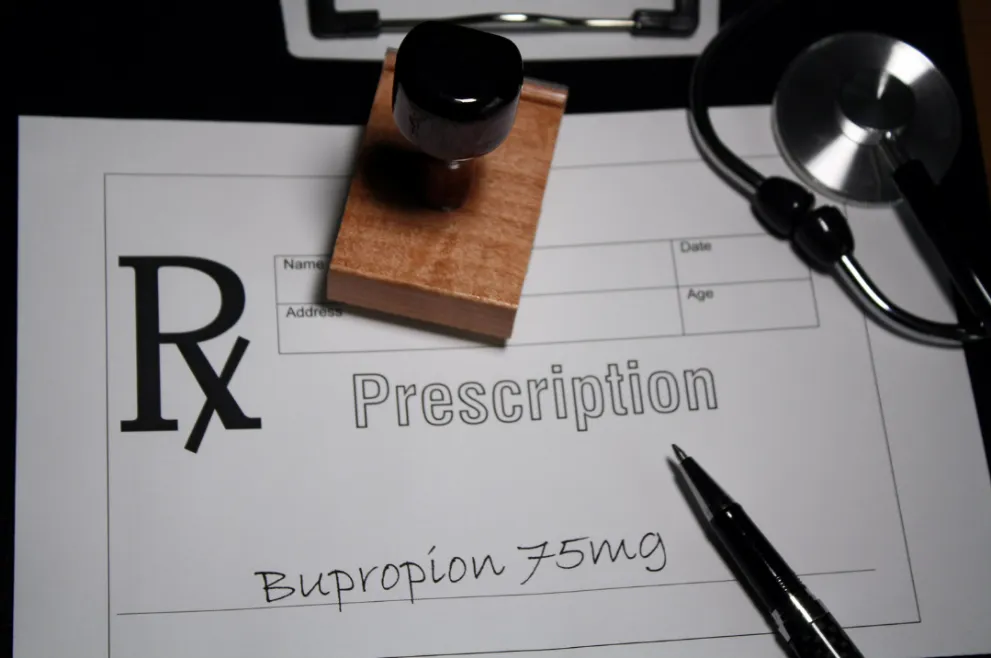Written and medically reviewed by Dorcas Morak, Pharm.D
You may have encountered fluticasone nasal spray if you're dealing with allergic rhinitis, hay fever, or other nasal congestion issues. But is Fluticasone a steroid or an antihistamine? Let's explore the details to understand its nature, uses, and what you need to know.
What is Fluticasone?
Fluticasone, sold under various brand names like Flixonase, Avamys, and Nasofan, is a medication primarily used to prevent and treat allergic rhinitis and hay fever symptoms. These symptoms include sneezing, itchy and runny nose, watery eyes, and nasal congestion—allergic reactions triggered by irritants like pollen, dust mites, and animal dander.
Is Fluticasone A Steroid Medication?
Yes, Fluticasone is a steroid. Fluticasone belongs to a class of medications called corticosteroids. Unlike anabolic steroids used by some athletes, corticosteroids like Fluticasone are anti-inflammatory drugs designed to reduce swelling and irritation inside the nose. By targeting inflammation, Fluticasone helps alleviate symptoms and improve nasal airflow, making breathing more accessible for individuals with allergic rhinitis and related conditions.
Are there Different Forms of Fluticasone?
Yes, Fluticasone is available in different dosage forms, as highlighted below:
1.Nasal Spray: Fluticasone nasal spray is available over the counter for adults and children to purchase from pharmacies and shops. Both adults and children use Fluticasone nasal spray to manage allergic rhinitis symptoms effectively.
2.Nasal Drops: In addition to nasal spray, Fluticasone comes in nasal drop form, specifically to shrink nasal polyps—a condition characterized by painless soft growths inside the nose. Nasal drops, under brand names like Flixonase, offer relief from blocked nasal passages caused by polyps.
3.Other Forms: Fluticasone is not limited to nasal applications. It also comes as an inhaler for asthma and chronic obstructive pulmonary disease (COPD) treatment and in cream or ointment form for various skin conditions like eczema and dermatitis.
Can I Combine Fluticasone with Antihistamines?
Some nasal sprays, such as Dymista, combine Fluticasone with other medicines, including antihistamines. This combination is particularly effective in treating allergic rhinitis by targeting inflammation (corticosteroid) and histamine release (antihistamine action).
What are the Key Facts about Fluticasone Usage?
Here are what you should know about Fluticasone usage:
- Regular Use: Use Fluticasone regularly to manage symptoms effectively.
- Common Side Effects: The most common side effects include an unpleasant taste or smell, nosebleeds, and dry or sore nose or throat.
- Pregnancy Considerations: Patients should consult their healthcare provider before using fluticasone nasal spray.
- High Doses and Steroid Emergency Card: High doses may require a steroid emergency card for individuals to carry, ensuring prompt medical attention if needed.
How Can I Save on Fluticasone?
Save significantly on Fluticasone by joining the RxLess Assurance Plan. Simply download our free app to instantly find the best and most accurate discounts for your prescriptions. Whether you have commercial insurance, Medicare, or no insurance at all, our plan offers savings for everyone on prescription medications.
In conclusion, fluticasone nasal spray is a steroid medication, not an antihistamine, primarily used to alleviate symptoms associated with allergic rhinitis, hay fever, and nasal polyps. Understanding its nature, proper usage, potential side effects, and available assistance programs can help you manage your nasal congestion effectively while ensuring affordability and accessibility to necessary medications.
















